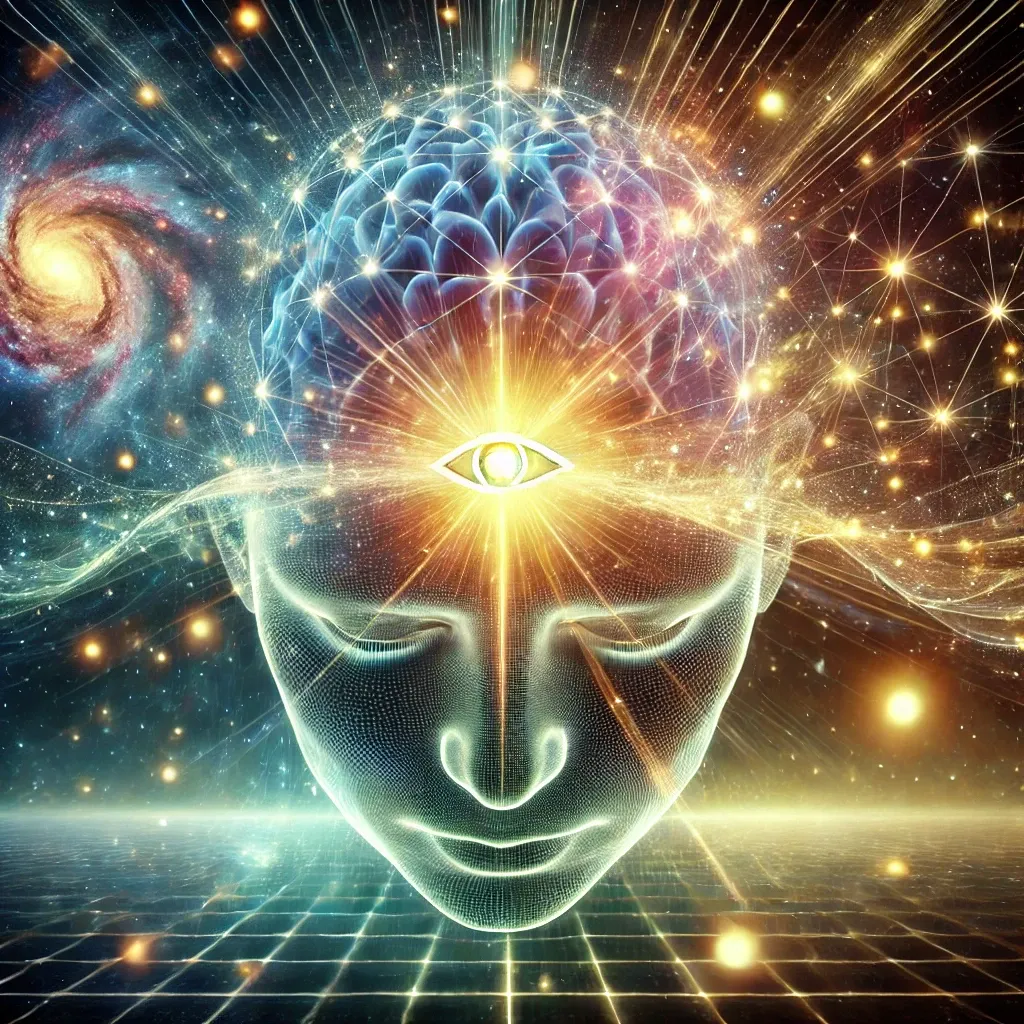Beyond the Brain: The Astonishing Enigma of Consciousness
I once thought everything had an answer, but consciousness does not fit into equations or brain scans. The more I explore, the less I know. Maybe none of us do. Maybe it is not meant to be solved but simply lived. Perhaps the real journey is learning to embrace the unknown.


